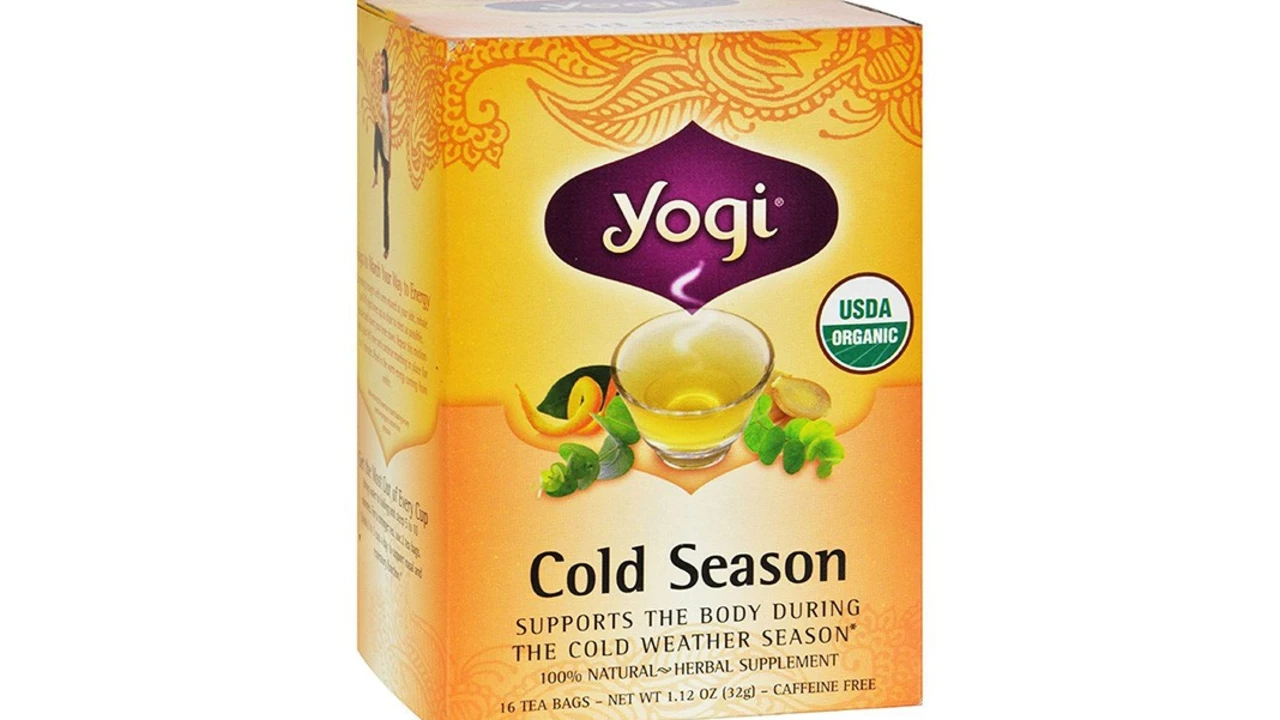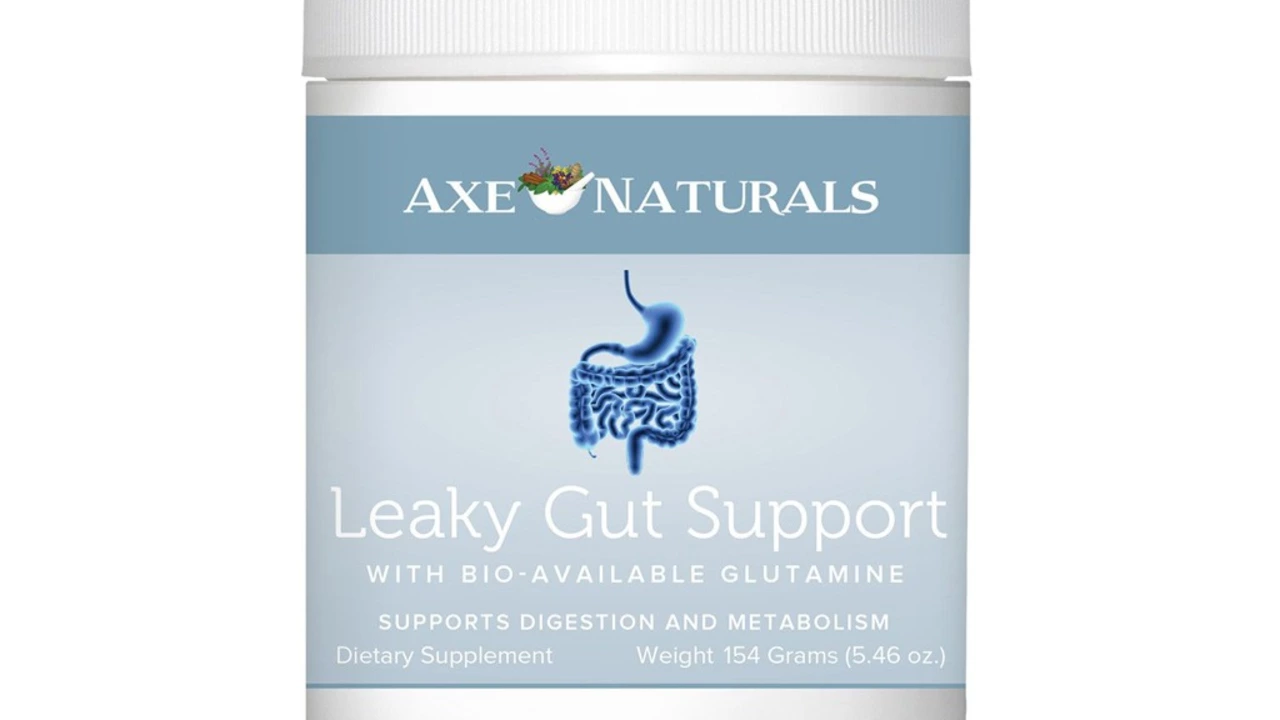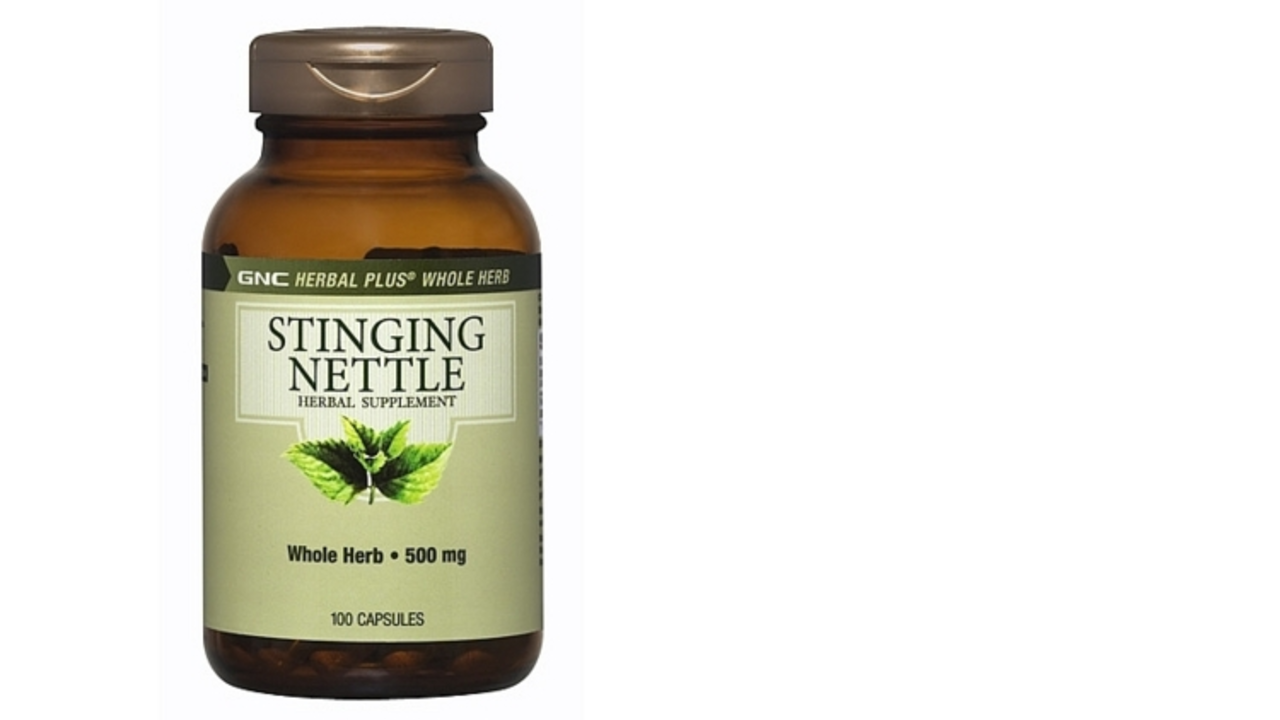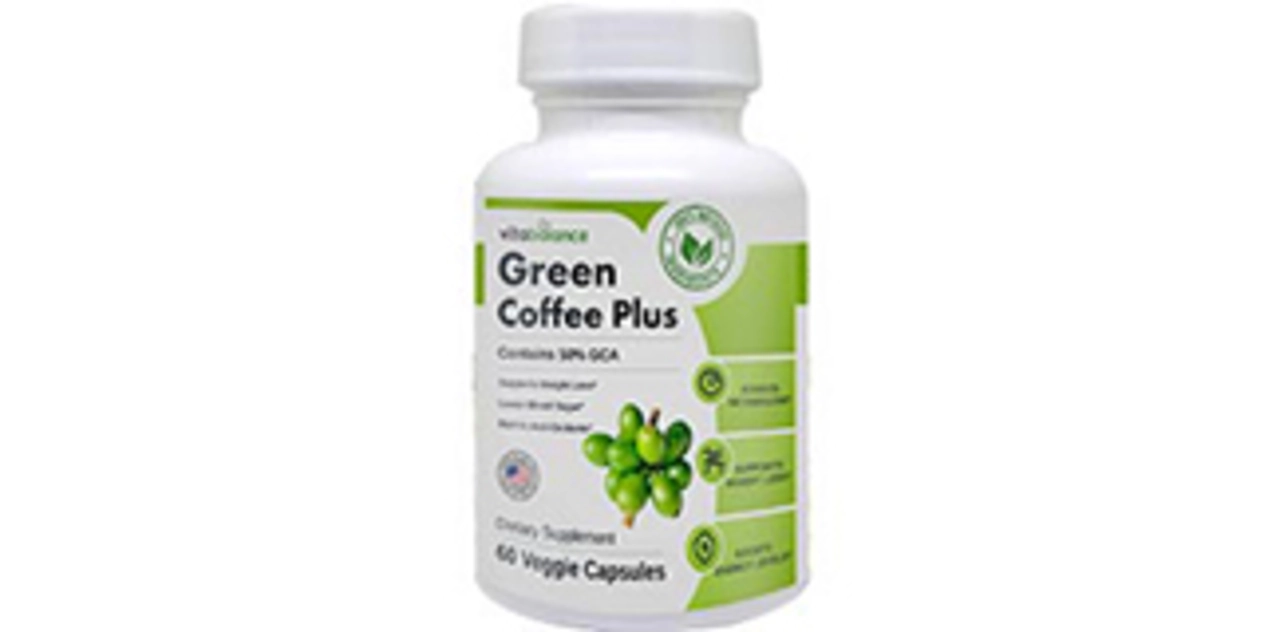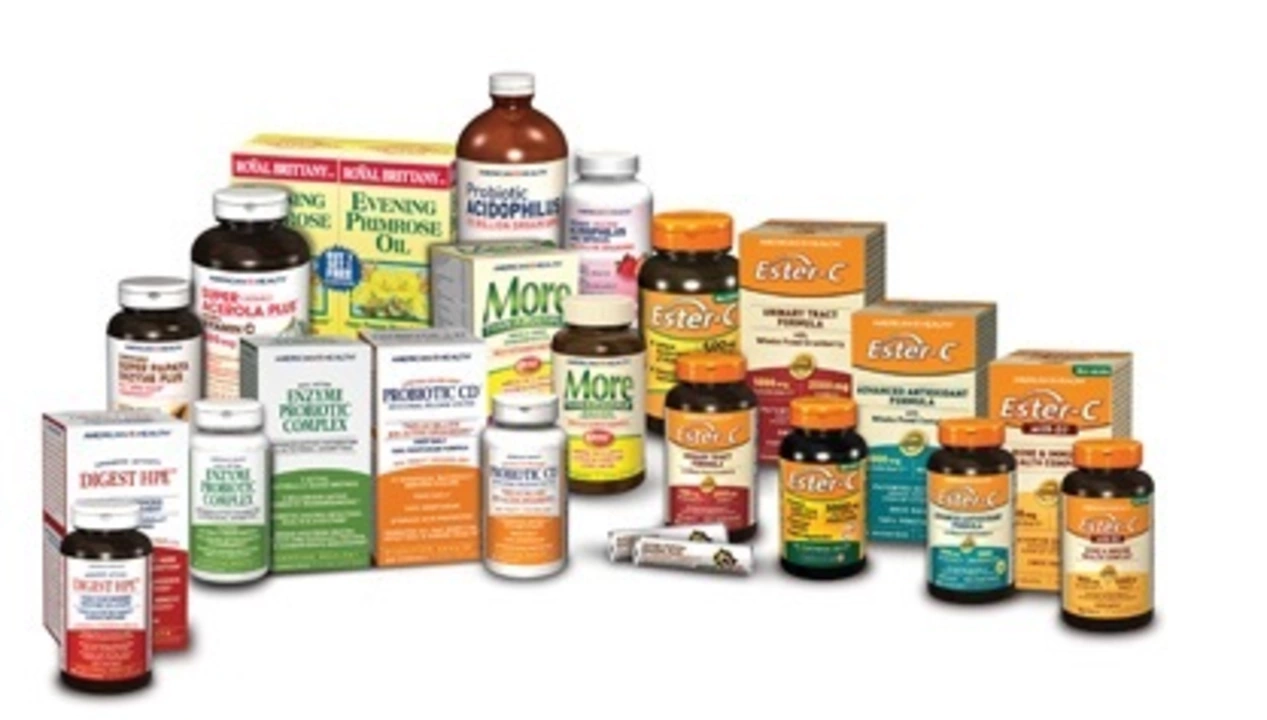Dietary Supplement Guide – How to Pick What’s Right for You
If you’re thinking about adding a supplement to your routine, you probably have a few questions: Will it actually help? Is it safe? And how do I know if the brand is legit? You’re not alone. Millions of people search for that extra boost—whether it’s better focus, stronger joints, or more energy—but the market is crowded with products that sound good on paper and fall short in reality.
First, let’s clarify what counts as a dietary supplement. The FDA defines them as vitamins, minerals, herbs, amino acids, enzymes, and other substances you take by mouth to add nutritional value or support a specific body function. They’re not medicines, so they don’t have to prove effectiveness before hitting shelves. That freedom lets companies innovate fast, but it also means the on‑us to do the homework.
Check the Label and Certifications
The label is your first line of defense. Look for a clear list of active ingredients, their exact amounts, and any other added fillers. If you see vague terms like “proprietary blend” without specifics, that’s a red flag because it hides how much of each ingredient you’re actually getting.
Next, hunt for third‑party testing seals such as USP (United States Pharmacopeia), NSF International, or ConsumerLab. Those organizations randomly test batches for purity and potency. When a product carries one of those logos, you have documented proof that it matches what the label claims.
Don’t forget the dosage instructions. Even natural substances can cause problems if taken too much—think vitamin A toxicity or excess caffeine from herbal blends. Follow the recommended serving size and talk to your doctor if you’re unsure, especially if you’re on prescription meds.
Spot Common Red Flags
Scammy supplements often promise miracles: “Cure all anxiety in 3 days,” or “Turn gray hair black overnight.” Real science rarely backs such claims. If a product guarantees dramatic results without any clinical evidence, walk away.
Price can be another clue. Extremely cheap powders that claim premium ingredients usually cut corners on quality. Conversely, sky‑high prices don’t always mean better; they might just reflect brand hype.
Check the company’s contact info. A legitimate brand provides a physical address, phone number, and responsive customer service. If you only find a generic email or no way to reach them, you’re dealing with an opaque operation.
Finally, read reviews from multiple sources—forums, independent blogs, and verified purchase sections on retail sites. Look for patterns: consistent side effects, missing ingredients, or delayed shipping can signal broader issues.
Putting it all together, here’s a quick checklist you can use before hitting “Add to Cart”:
- Clear ingredient list with exact amounts.
- Third‑party certification logo (USP, NSF, ConsumerLab).
- Reasonable price for the dosage and brand reputation.
- No impossible health claims or miracle promises.
- Accessible company contact info and responsive support.
By following these steps, you’ll cut through most of the noise and land on supplements that truly add value to your health. Remember, a supplement should complement—not replace—a balanced diet and regular exercise. If you stay curious, read labels carefully, and keep realistic expectations, you’ll make smarter choices and see real benefits.

